The Malaysian government’s MyInvois initiative is revolutionizing the financial landscape for businesses, including hospitals, by mandating a shift towards structured e-invoicing. This national framework is designed not only to enhance tax compliance and operational transparency but also to ensure compatibility with global standards like Peppol.
For hospitals, which operate at the intersection of high financial turnover and critical public service, the stakes are particularly high. This initiative presents both a necessity for compliance and a chance to modernize financial systems, streamline processes, and foster trust among stakeholders. Navigating these changes effectively requires understanding the intricate challenges and leveraging the opportunities that come with MyInvois.
The Regulatory Shift in Malaysia’s Healthcare Sector
the Inland Revenue Board of Malaysia (IRBM) announced the phased implementation of mandatory e-invoicing under MyInvois. Hospitals, due to their intricate billing systems and substantial revenue scales, are among the first to adopt this framework. This initiative demands meticulous compliance as failure to adhere could lead to significant penalties and tarnished reputations.
Hospitals need to align their invoicing operations with IRBM directives without compromising efficiency. Specific attention must be given to modernizing patient billing workflows, optimizing vendor payment processes, and maintaining accurate procurement documentation. Additionally, compliance measures must support interoperability with cross-border e-invoicing standards, setting a precedent for global healthcare billing practices.
Challenges for Hospitals Adopting MyInvois
- Complex Billing Structures
Hospitals often deal with multi-tiered billing processes, including insurance claims, direct patient payments, and government subsidies. Each of these payment types requires precise documentation that adheres to MyInvois standards, ensuring accurate tax calculations and compliance.
- Integration with Legacy Systems
Many hospitals still rely on legacy software systems that lack compatibility with modern e-invoicing frameworks. Integrating these systems with MyInvois-compliant platforms requires careful planning and investment to avoid disruptions in billing operations.
- Ensuring Data Security and Patient Confidentiality
Healthcare institutions are custodians of sensitive patient data. Compliance with MyInvois must not compromise data security. Hospitals need to adopt e-invoicing solutions that align with stringent privacy laws like Malaysia’s Personal Data Protection Act.
Key Requirements for MyInvois Compliance
Adherence to Peppol Standards
Malaysia’s MyInvois framework leverages Peppol’s interoperability standards to facilitate seamless cross-border transactions. Hospitals must ensure their e-invoicing systems can:
- Generate invoices in Peppol BIS format.
- Use Peppol’s unique identifier structure for both patients and vendors.
- Connect with accredited Peppol Access Points for secure data exchange.
Real-Time Reporting to IRBM
Hospitals are required to submit invoices to the IRBM in real-time or near real-time. This demands the adoption of automated systems capable of instantly validating and transmitting invoices without manual intervention.
Audit Trail Maintenance
Maintaining a detailed audit trail is crucial for compliance. Hospitals must ensure that every transaction is logged and easily retrievable for audit purposes. This includes records of invoice creation, submission, and any modifications.
Steps for Hospitals to Achieve Compliance
1. Evaluate Current Systems
Hospitals must conduct a comprehensive audit of their existing billing and invoicing systems. Identifying gaps in compliance, integration, and security will help in developing a roadmap for MyInvois implementation.
2. Partner with Certified Providers
Selecting a certified Peppol Access Point provider is critical for seamless integration with the MyInvois platform. Providers like Advintek offer tailored solutions designed to meet the unique needs of the healthcare sector.
3. Automate Invoice Generation
Automating the invoice generation process reduces errors and ensures consistency with MyInvois requirements. Hospitals should implement software solutions that:
- Automatically populate required fields like tax codes and unique identifiers.
- Validate data against MyInvois standards before submission.
4. Train Staff on Compliance
Staff training is a vital step in achieving compliance. Billing and administrative teams need to understand the nuances of MyInvois, including Peppol standards, data requirements, and reporting protocols.
5. Conduct Regular Compliance Audits
Periodic compliance audits help hospitals identify and rectify any deviations from MyInvois requirements. These audits should focus on system performance, data accuracy, and adherence to reporting timelines.
Benefits of Compliance for Hospitals
- Enhanced Operational Efficiency
Adopting MyInvois-compliant systems reduces manual tasks, enabling hospitals to process invoices faster and more accurately. This efficiency translates to quicker reimbursements and improved cash flow.
- Improved Transparency and Trust
E-invoicing fosters transparency in financial transactions, building trust with stakeholders, including patients, insurers, and government bodies. Hospitals that comply with MyInvois demonstrate their commitment to ethical and accountable practices.
- Seamless Cross-Border Transactions
Hospitals engaged in medical tourism can leverage Peppol’s interoperability to facilitate hassle-free transactions with international patients and vendors.
- Reduced Risk of Penalties
Compliance with MyInvois minimizes the risk of financial penalties, audits, and reputational damage. It also ensures alignment with broader governmental digitalization goals.
Advintek: Your Trusted Partner in MyInvois Compliance
Advintek specializes in providing comprehensive e-invoicing solutions tailored to the healthcare sector. As a Peppol Certified Access Point Provider and ISO27001-certified organization, Advintek ensures:
- Seamless integration of MyInvois-compliant systems.
- Robust data security measures in line with Personal Data Protection Act regulations.
- Ongoing support and updates to keep your hospital ahead of regulatory changes.
With Advintek, hospitals can focus on delivering quality healthcare while we handle the complexities of MyInvois compliance. Visit Advintek to learn how we can help you navigate Malaysia’s e-invoicing landscape effortlessly.
Conclusion
Ensuring compliance with Malaysia’s MyInvois guidelines is not just a regulatory requirement for hospitals—it’s an opportunity to enhance operational efficiency, build trust, and align with global standards. By partnering with Advintek, hospitals can achieve seamless compliance while prioritizing patient care. With our expertise and tailored solutions, Advintek is here to simplify your transition to MyInvois and help you stay compliant in a rapidly evolving digital economy.









